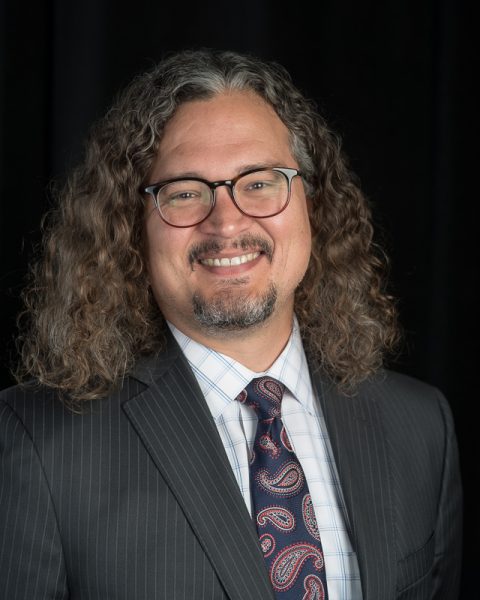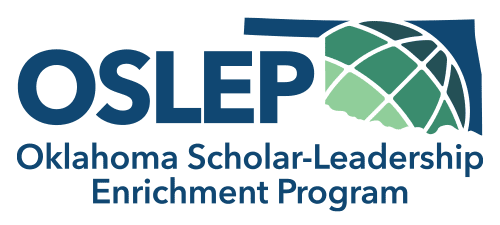Class Details
This Land Is My Land: Indigenous Oklahoma on Film
For decades, thousands of western films implied that Native Americans, no matter the tribe, only ever lived in tipis in southern Utah, circa 1876. What happens to our ideas of American Indians when Indigenous people themselves point the cameras, tell the stories, and do the acting? This seminar will look at several varieties of media—narrative, documentary, feature-length and short films, along with animation and television—in which Native people play key roles in front of and behind the camera as they represent their communities and adopted homes in Oklahoma, the history of which they did so much to write. Throughout the course, themes of land/environment, tradition, tragicomedy, and cultural self-determination will inform our discussions of films going back to Will Rogers’ silent comedies, on up to recent revolutions in Native representation likeReservation Dogs and Marvel’s Echo.
Enrollment
- Enrollment through your home campus; contact your OSLEP campus coordinator for information
- OSLEP provides all required reading materials at no additional cost-NO books to buy!
- Housing and meals provided
- In-person residential seminar

Scholar
Dr. Joshua B. Nelson
University of Oklahoma
Joshua B. Nelson, a citizen of the Cherokee Nation and specialist in American Indian literature and film, is President’s Associates Presidential Professor, Associate Professor of English and affiliated faculty with Film & Media Studies, Native American Studies, and Women’s & Gender Studies at the University of Oklahoma. He was Co-Producer, Co-Writer, and Narrator & Host on the nationally broadcast PBS documentary Searching for Sequoyah and is currently directing the documentary Trail of the Thunderbirds on two American Indian Medal of Honor awardees of the 45th Infantry Division during World War II. He is working on a monograph on representations of the body in Indigenous film and was Lead Organizer of the Native Crossroads Film Festival & Symposium. His video collaborations include content for the open-access course Native Peoples of Oklahoma and a short video on tribal histories of archival photographs for an NEH Foundations grant to develop an online “Indigenous Media Portal” through OU’s libraries. The University of Oklahoma Press published his book Progressive Traditions: Identity in Cherokee Literature and Culture in 2014.
Class Prep
